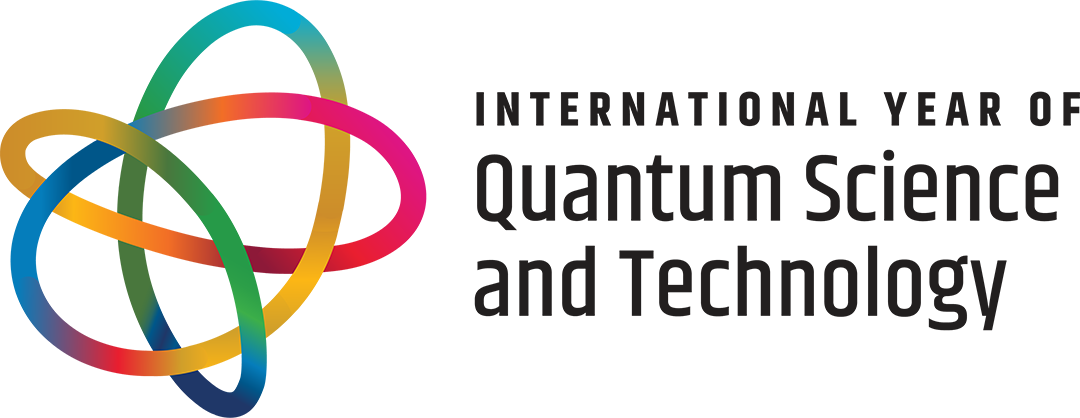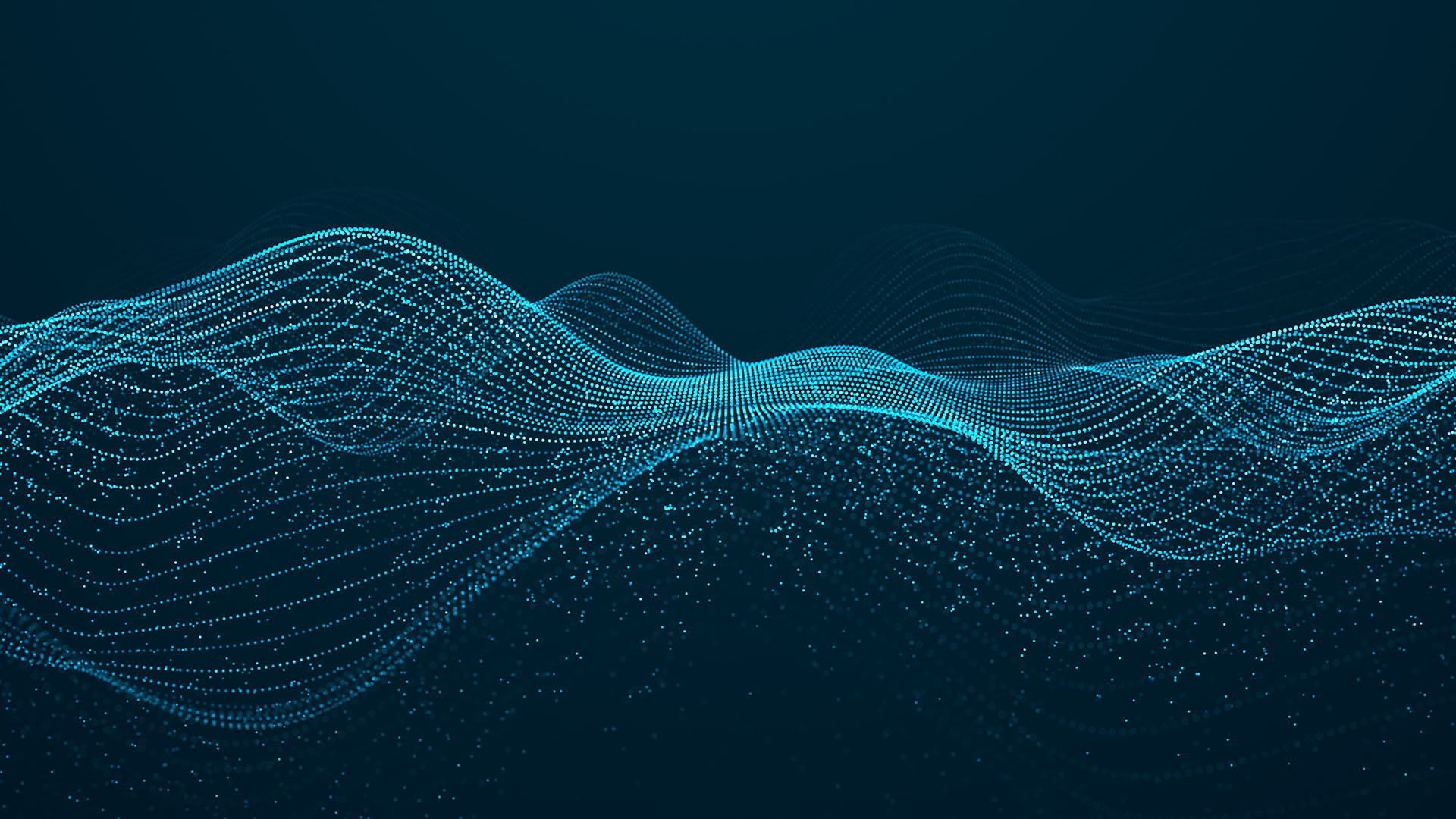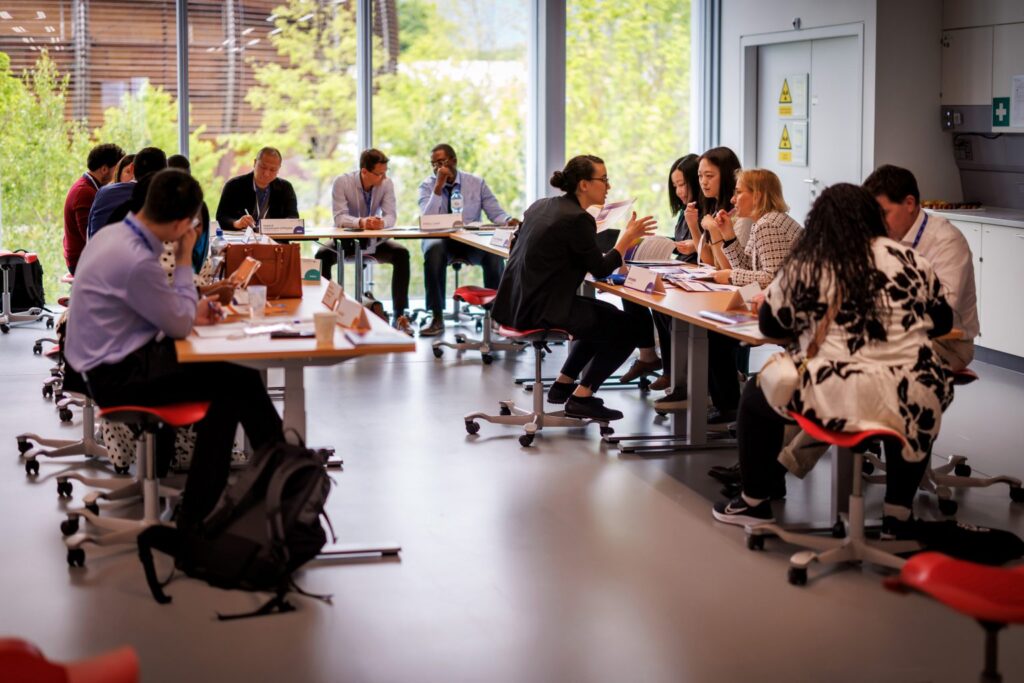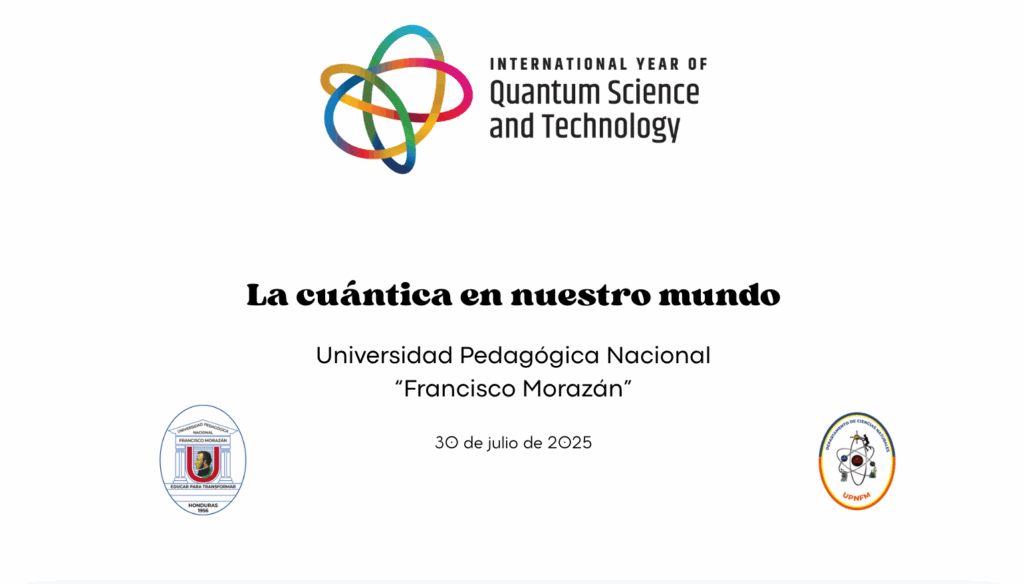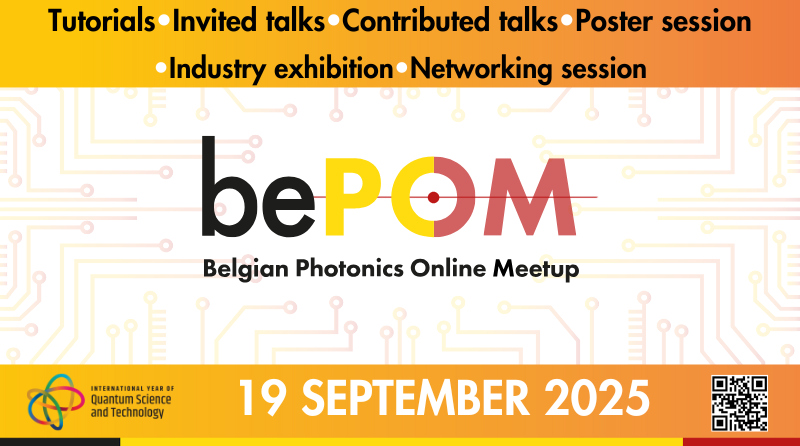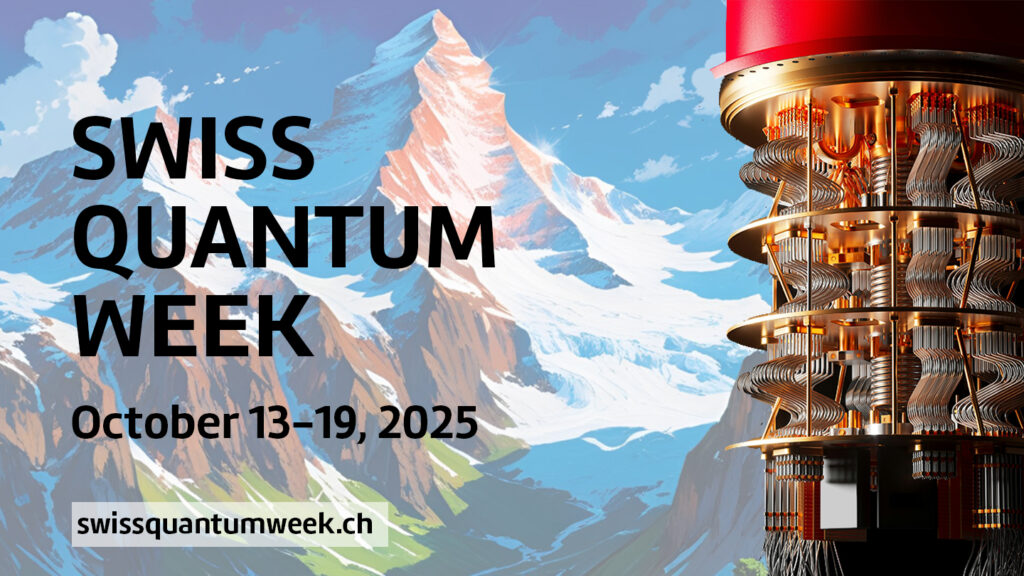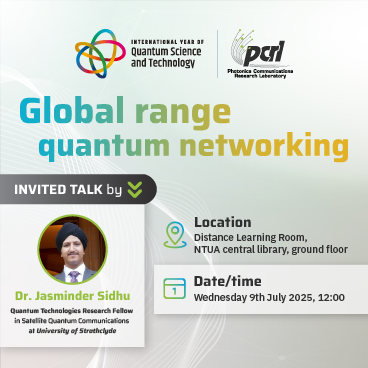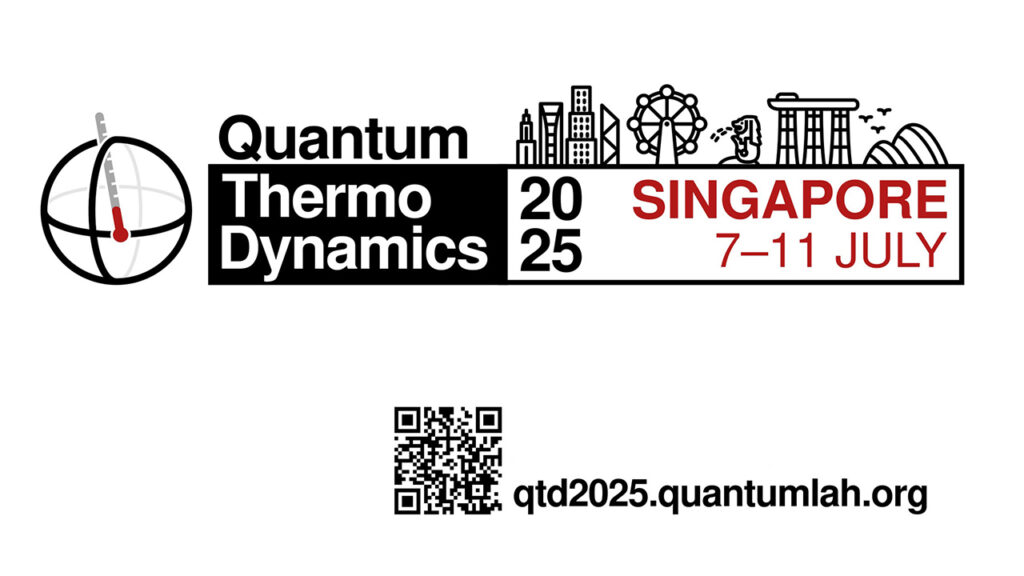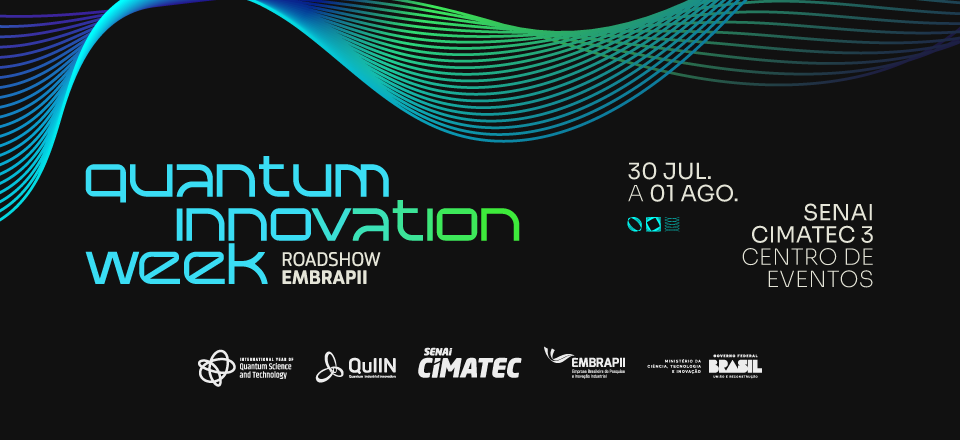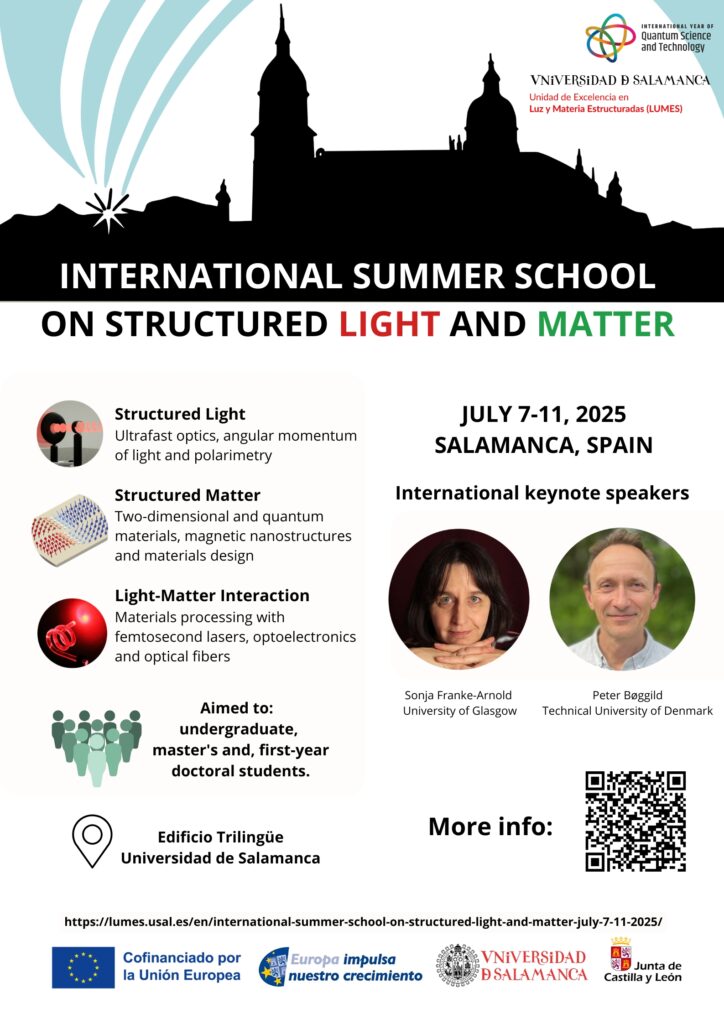From May 5 to 9, 2025, the Geneva Science Diplomacy Week—organised by the Geneva Science Diplomacy Anticipator (GESDA)—brought together 36 global participants—including scientists, diplomats, policymakers, entrepreneurs, funders and citizens—to explore how science diplomacy can contribute to shaping a more inclusive future.
On day four of the programme, participants visited CERN to explore the Organization’s history and positioning at the intersection between science and diplomacy.
The event aims to explore how science diplomacy can contribute to shaping a more inclusive future and raise awareness and anticipation of the geopolitical implications of quantum computing, an emerging technology.

